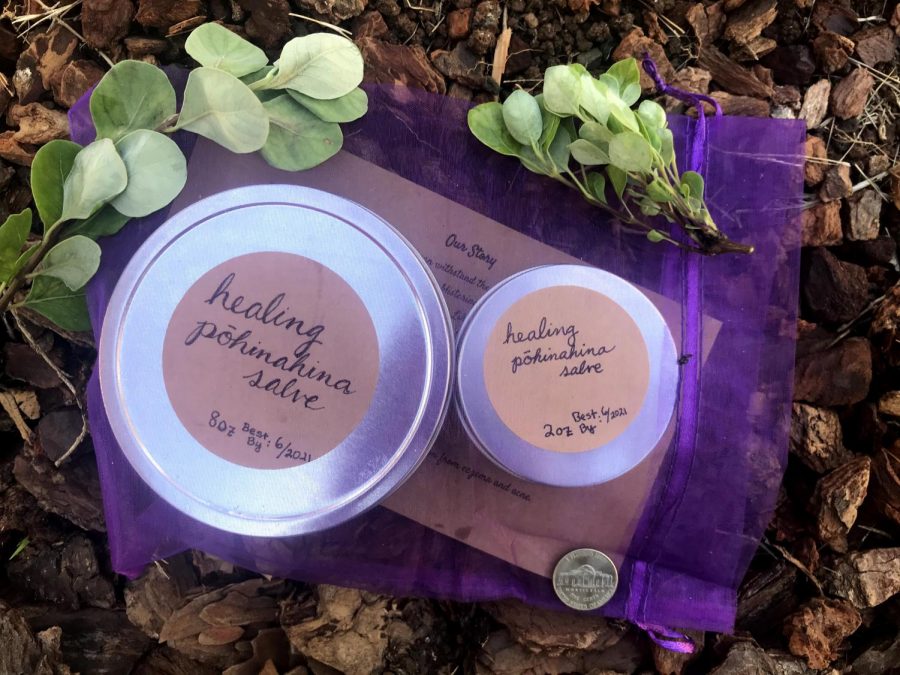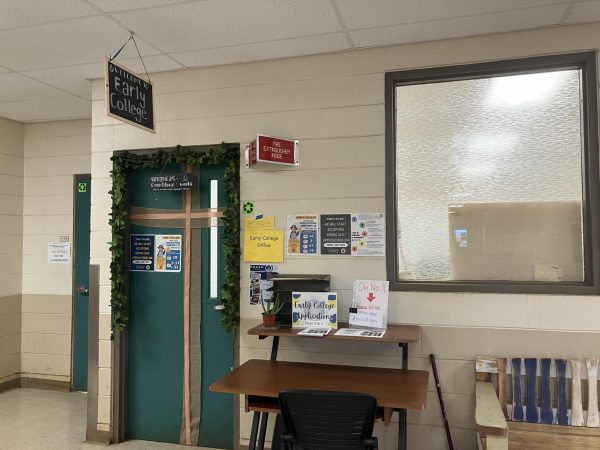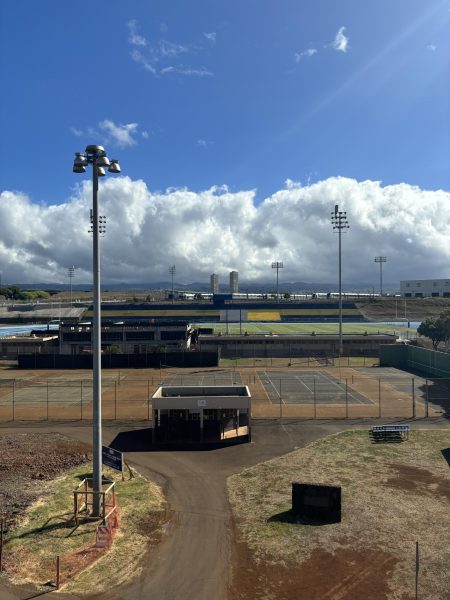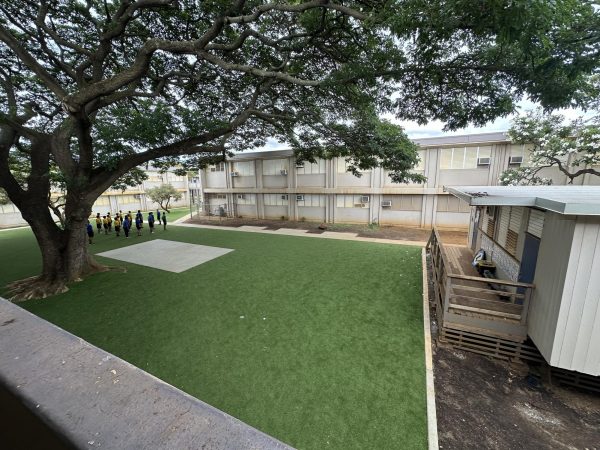Academy of Natural Resources takes on e-commerce as Young Entrepreneurs
The Hawaii Agricultural Foundation established the Young Entrepreneurs Program to provide students with opportunities to create real-life businesses using locally-sourced materials.
Academy of Natural Resources (ANR) teacher Kisa Matlin oversaw Waipahu High School’s participation in the student-led project this year. The project spanned from October to December of 2020. Waipahu High School has participated in the program for four years through the help of the Hawai’i Agricultural Foundation, American Savings Bank, Waipahu High School’s culinary program, and other ANR teachers.
Matlin says, “Through the 2020 Young Entrepreneurs Program, our Production Pathway students learned how to grow plants for a purpose, place a locally sourced product on the market, and had an opportunity to practice basic financial literacy skills. This year, participating in the Young Entrepreneurs Program was especially important for our students because the skillset of focus this year was e-commerce – doing business online instead of in-person due to the COVID-19 restrictions. I wanted to ensure that our Natural Resources Production students did not miss out on the experience due to the pandemic and had opportunities to learn valuable online entrepreneurship skills.
Students calculated up-front expenses, determined prices, projected net and gross profits, designed labels and a business card, and creating promotional materials to share on the Young Entrepreneurs Program website and on social media platforms.
Americans Savings Bank provided guidance on business plans, funding applications, and marketing ideas. Students also looked to small businesses for marketing strategies and logo design inspiration.
“Small businesses on O’ahu are so important not just for the services and products they provide but for the example they set for Hawai’i’s future entrepreneurs. Seeing business owners who come from similar backgrounds opens new doors in our students’ minds for what they might be able to accomplish in the future,” Matlin says.
Students sold two products: chili pepper rosemary sea salt seasoning, and pōhinahina skin salve, both featuring ingredients that could be grown on school grounds. In previous years, students sold products like laulau, māmaki tea, and chili pepper water.
The nīoi or Hawaiian chili peppers and pōhinahina leaves were harvested in school gardens, and rosemary was donated by ANR teachers who grew it in their own yards.
During the beginning of the school year, students were not allowed back on campus, so ANR teachers assembled the products in a single afternoon to distribute at the start of December. Products then shipped out or picked up at a drive-through on school grounds.






